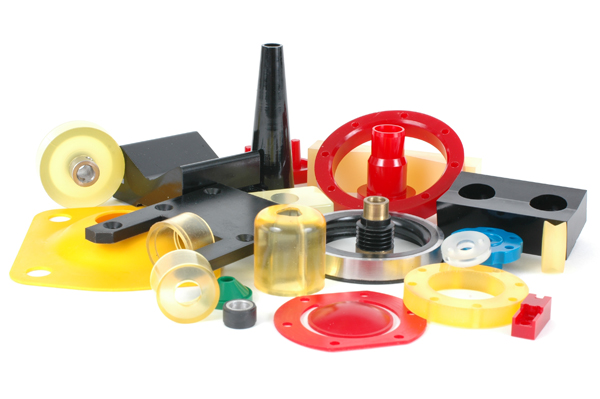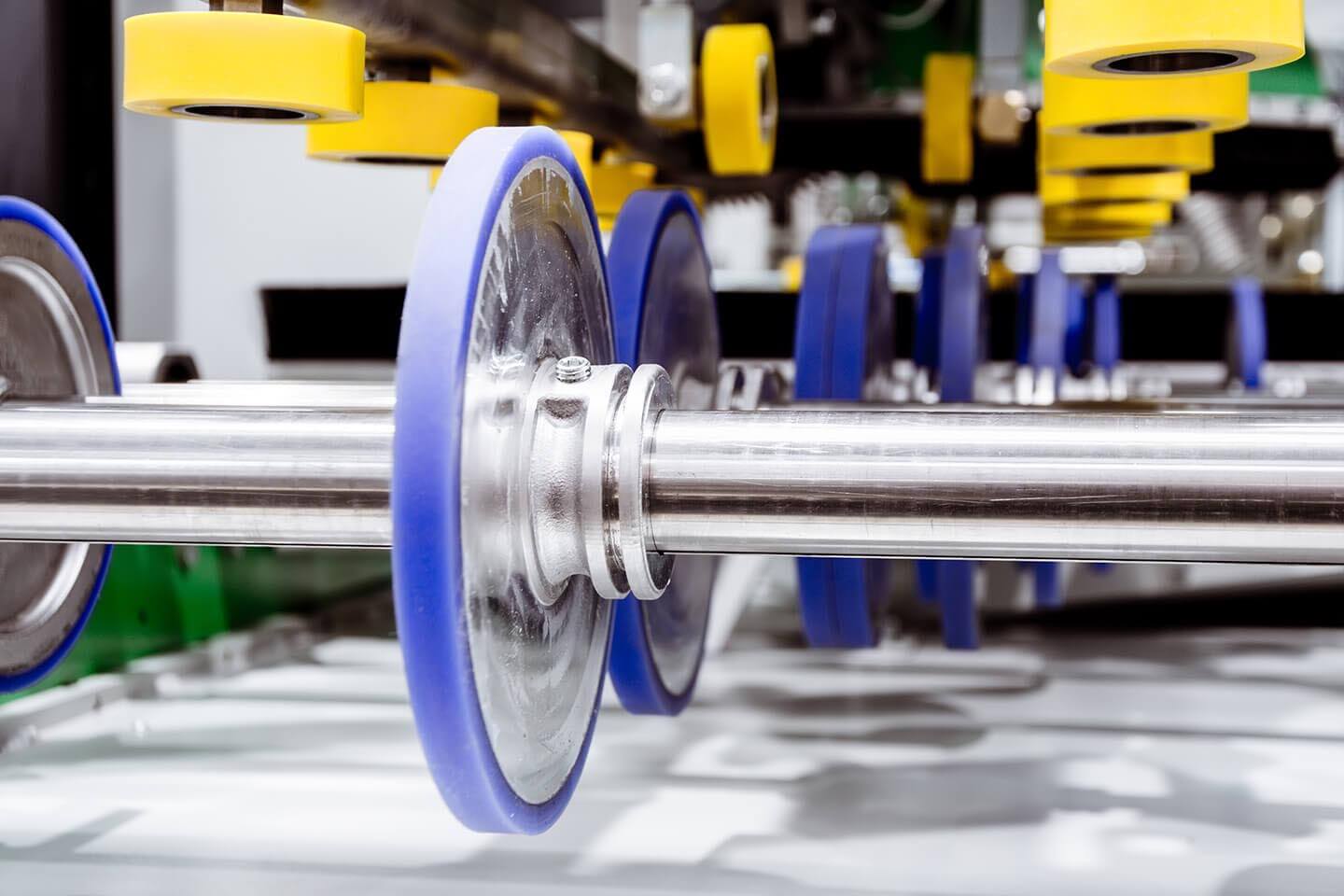
When ordering custom urethane products, it is important to communicate your specific needs with your supplier. Doing so will enable your supplier to formulate the ideal urethane part or product based on your specific needs for tolerance, durability and more, and do so cost-effectively.
Critical Product Information for Optimum Design
There are many questions your supplier will have for you when beginning the custom quote process:
- What is your previous product history?
- Are there any customer concerns regarding the product?
- What is the product specifically used for?
- What critical properties will your new part or product need?
- What are the environmental concerns we should be aware of?
In Part 1 of this series we will cover two of the five critical areas you need to discuss with your supplier in order to achieve optimum product or part design:
1. Part or Product History:
For new parts or products: How will your new product function?
If this is a completely new urethane part, your supplier can work closely with you from concept to prototype to production to meet your new application’s critical tolerances and specifications. This process may involve sketches and layouts to determine how your new urethane product or part will function in your application. Also, knowing the stage of production is important as your supplier should be aware of any critical timelines.
For existing parts or products: What is the current material being used? What are the advantages and disadvantages? Who is your current manufacturer? How many parts or products will you need made?
Learning from previous material performance is a great way for your supplier to determine how to improve upon an existing design. Advances in materials, designs, and processing technologies will be taken into account when building upon an existing version of a part orproduct. Providing your supplier with current material specs, samples and any advantages and disadvantages of the product enables them to design a new version that will function with optimum performance in your application.
Current custom urethane manufacturer information, in addition to the quantity needed, will help your supplier determine the most cost effective design and method of production for your needs. Knowing whether you are in need of a single prototype or will be ordering a large quantity of the part or product is important in determining which materials will be used for both cost effectiveness and scalability.
2. Customer Concerns:
Why do you want to change suppliers?
Communicate existing supplier concerns to the new supplier. This is a great way for them to learn from your previous experiences. Whether it’s service or product quality, informing your new supplier will make them aware of how they can improve upon your current situation.
What problems are you experiencing?
Be specific when describing current problems with your product or manufacturer’s performance. This will let the new supplier know how they can be a company you will look forward to working with long term.
What design changes (durometer, material, dimensions) are you considering?
Share any potential design changes with your supplier. Changing design elements such as durometer, material and dimensions can drastically change the function of your part or product. By discussing these considerations, your supplier will have a good idea of what you’re looking for in your new part or product and what they can do to achieve maximum results.
Do you have concerns with your current or future part’s quality?
Designing a scalable custom urethane part or product requires the use of cost effective materials but quality should not be sacrificed. By knowing these concerns upfront, your supplier can review different material options with you and discuss ways to maximize both quality and cost effectiveness.
What concerns do you have about delivery?
Specify any delivery concerns or needs that your supplier should know. There are many options when it comes to delivering your custom part or product and your supplier will be able to recommend a delivery option that will work best for your situation.
What concerns do you have about price?
If you have pricing concerns or limitations, you may be wondering how this will affect the quality and design of your product. Let your supplier know this upfront so they can focus in on materials and other custom formulation design options that will work best within your budget.
Now that you know more about what to tell your supplier when working together on a custom urethane formula for your part or product, you may be wondering where to go from here. Turning to experts in urethane formulation for strategic guidance will ensure that all the right questions are covered and that your answers are incorporated correctly into a custom formulation for your application. Your custom urethane supplier will work to create the strongest, toughest and most durable custom urethane part or product to meet your application needs using the most cost-effective formulation to achieve your goals.
Be sure to read part two of this series on ‘What to Tell Your Supplier’ to ensure that you get the best custom urethane product possible. To learn more about custom urethane parts and products check out our custom urethane product gallery.

